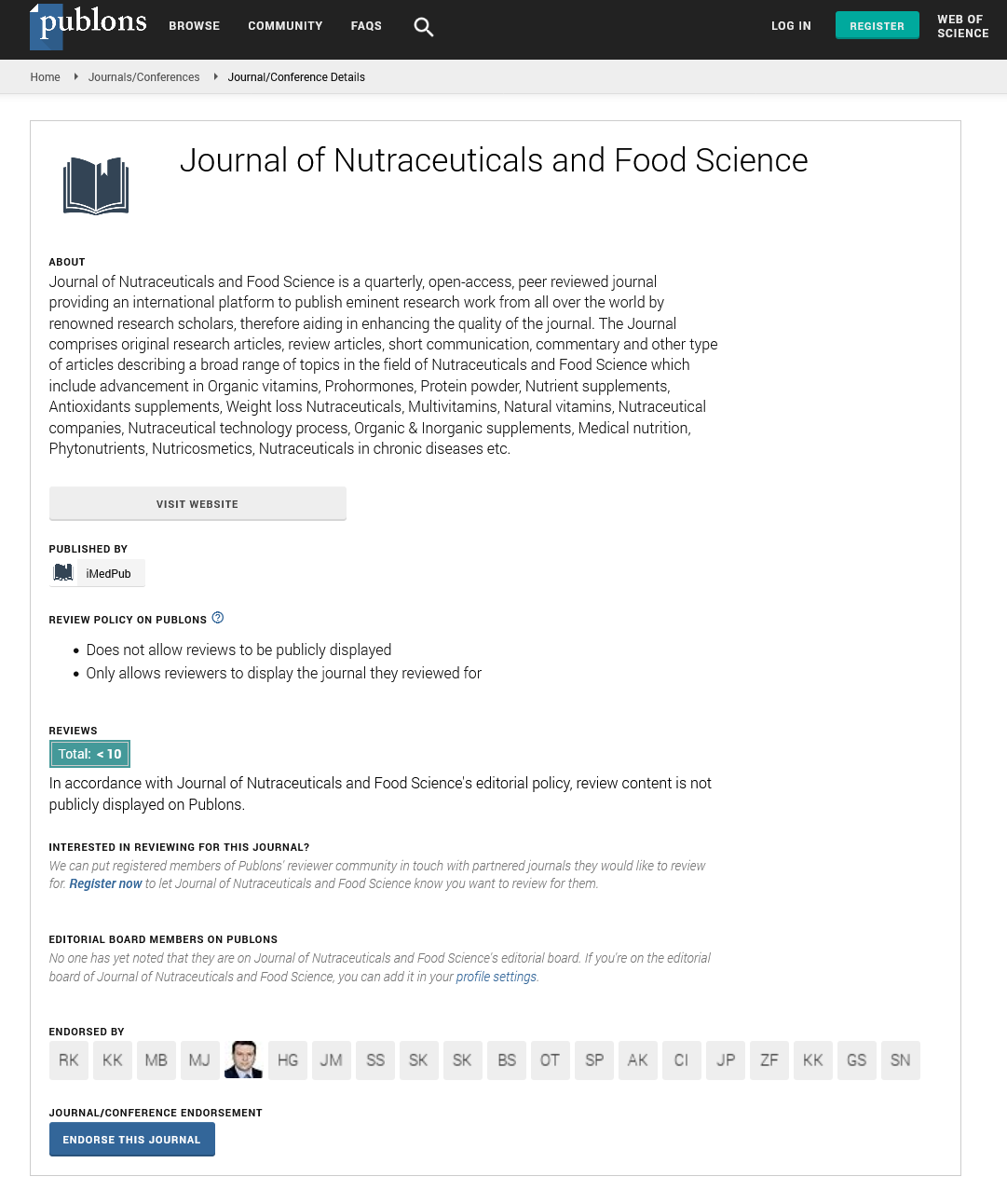Abstract
Agroecological Researches: Conforming - or Transforming the Dominant Agro-Food Regime?
Abstract – Agroecology involves various approaches to solve actual challenges of agricultural production. Though agroecology initially dealt primarily with crop production and protection aspects, in recent decades new dimensions such as environmental, social, economic, ethical and development issues are becoming relevant. Today, the term ‘agroecology’ means either a scientific discipline, agricultural practice, or political or social movement. Here we study the different meanings of agroecology. For that we analyse the historical development of agroecology. We present examples from USA, Brazil, Germany, and France. We study and discuss the evolution of different meanings agroecology. The use of the term agroecology can be traced back to the 1930s. Until the 1960s agroecology referred only as a purely scientific discipline. Then, different branches of agroecology developed. Following environmental movements in the 1960s that went against industrial agriculture, agroecology evolved and fostered agroecological movements in the 1990s. Agroecology as an agricultural practice emerged in the 1980s, and was often intertwined with movements. Further, the scales and dimensions of agroecological investigations changed over the past 80 years from the plot and field scales to the farm and agroecosystem scales. Actually three approaches persist: (1) investigations at plot and field scales, (2) investigations at the agroecosystem and farm scales, and (3) investigations covering the whole food system. These different approaches of agroecological science can be explained by the history of nations. In France, agroecology was mainly understood as a farming practice and to certain extent as a movement, whereas the corresponding scientific discipline was agronomy. In Germany, agroecology has a long tradition as a scientific discipline. In the USA and in Brazil all three interpretations of agroecology occur, albeit with a predominance of agroecology as a science in the USA and a stronger emphasis on movement and agricultural practice in Brazil. These varied meanings of the term agroecology cause confusion among scientists and the public, and we recommend that those who publish using this term be explicit in their interpretation
Author(s):
Huang Wei Ling
Abstract | Full-Text | PDF
Share this

Google scholar citation report
Citations : 393
Journal of Nutraceuticals and Food Science received 393 citations as per google scholar report
Journal of Nutraceuticals and Food Science peer review process verified at publons
Abstracted/Indexed in
- Google Scholar
- Publons
- Secret Search Engine Labs
Open Access Journals
- Aquaculture & Veterinary Science
- Chemistry & Chemical Sciences
- Clinical Sciences
- Engineering
- General Science
- Genetics & Molecular Biology
- Health Care & Nursing
- Immunology & Microbiology
- Materials Science
- Mathematics & Physics
- Medical Sciences
- Neurology & Psychiatry
- Oncology & Cancer Science
- Pharmaceutical Sciences


